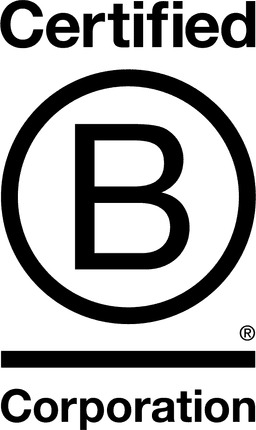

Lü Aire de jeux

Quebec, Canada
September 2023
Computer & electronic products
Manufacturing
Belgium,
Canada,
France,
Germany,
Netherlands The,
United States
English will follow Fondée en 2017, Lü est une entreprise québécoise de technologie éducative qui transforme les gymnases des élèves de 5 à 12 ans en univers d'apprentissage immersifs. Depuis sa création, Lü vise à offrir aux enseignants un environnement qui leur permet de stimuler et de motiver les élèves, les aidant ainsi à se développer sur les plans socio-émotionnel, intellectuel et physique. Les systèmes Lü sont installés dans près de 2 000 écoles et dans plus de 35 pays, permettant aux écoles de s'ouvrir à de nouvelles méthodes d'enseignement interactives, immersives et collaboratives. Lü is a Quebec-based educational technology company founded in 2017 that transforms gyms into immersive learning spaces for students aged 5 to 12. From the get-go, Lü has aimed to provide teachers with an environment where they can engage and motivate students in order to help them develop socially, emotionally, intellectually, and physically. There are Lü systems set up in almost 2,000 schools in more than 35 countries, setting the stage for new interactive, immersive, and collaborative teaching methods.
Overall B Impact Score
Governance 14.0
Governance evaluates a company's overall mission, engagement around its social/environmental impact, ethics, and transparency. This section also evaluates the ability of a company to protect their mission and formally consider stakeholders in decision making through their corporate structure (e.g. benefit corporation) or corporate governing documents.
What is this? A company with an Impact Business Model is intentionally designed to create a specific positive outcome for one of its stakeholders - such as workers, community, environment, or customers.
Workers 25.4
Workers evaluates a company’s contributions to its employees’ financial security, health & safety, wellness, career development, and engagement & satisfaction. In addition, this section recognizes business models designed to benefit workers, such as companies that are at least 40% owned by non-executive employees and those that have workforce development programs to support individuals with barriers to employment.
Community 17.7
Community evaluates a company’s engagement with and impact on the communities in which it operates, hires from, and sources from. Topics include diversity, equity & inclusion, economic impact, civic engagement, charitable giving, and supply chain management. In addition, this section recognizes business models that are designed to address specific community-oriented problems, such as poverty alleviation through fair trade sourcing or distribution via microenterprises, producer cooperative models, locally focused economic development, and formal charitable giving commitments.
Environment 9.0
Environment evaluates a company’s overall environmental management practices as well as its impact on the air, climate, water, land, and biodiversity. This includes the direct impact of a company’s operations and, when applicable its supply chain and distribution channels. This section also recognizes companies with environmentally innovative production processes and those that sell products or services that have a positive environmental impact. Some examples might include products and services that create renewable energy, reduce consumption or waste, conserve land or wildlife, provide less toxic alternatives to the market, or educate people about environmental problems.
Customers 25.7
Customers evaluates a company’s stewardship of its customers through the quality of its products and services, ethical marketing, data privacy and security, and feedback channels. In addition, this section recognizes products or services that are designed to address a particular social problem for or through its customers, such as health or educational products, arts & media products, serving underserved customers/clients, and services that improve the social impact of other businesses or organizations.
What is this? A company with an Impact Business Model is intentionally designed to create a specific positive outcome for one of its stakeholders - such as workers, community, environment, or customers.